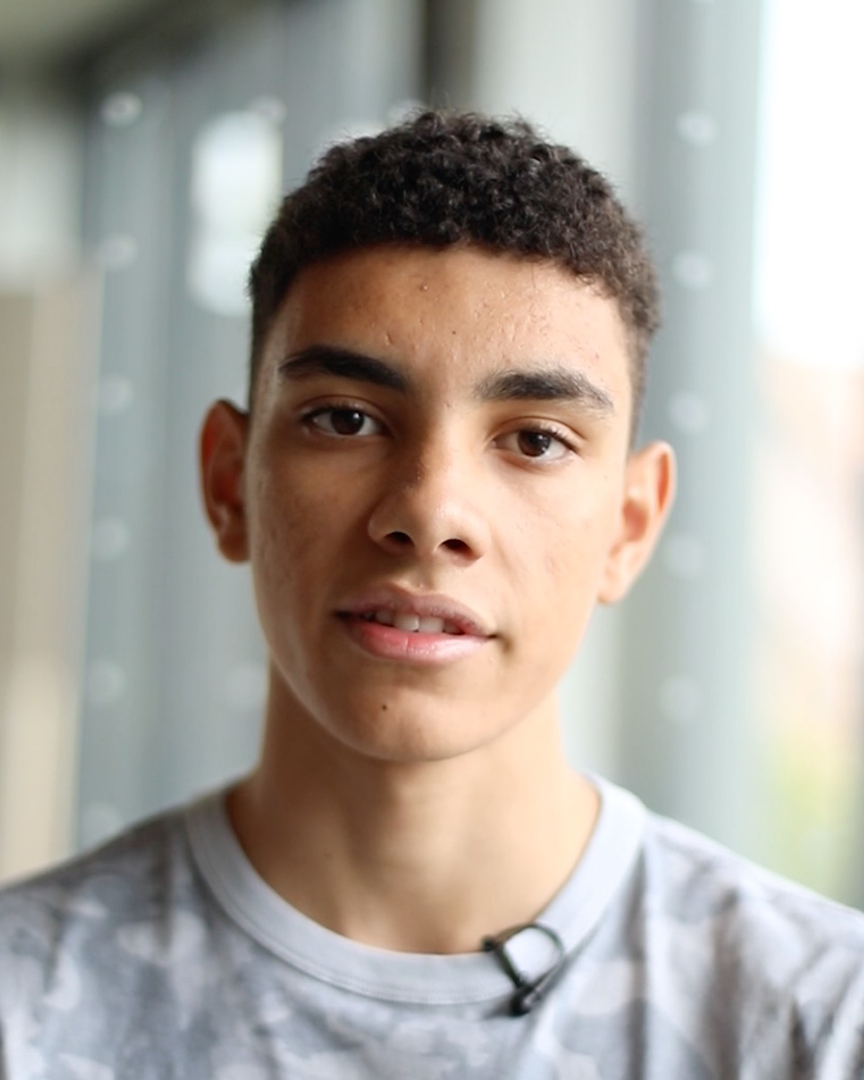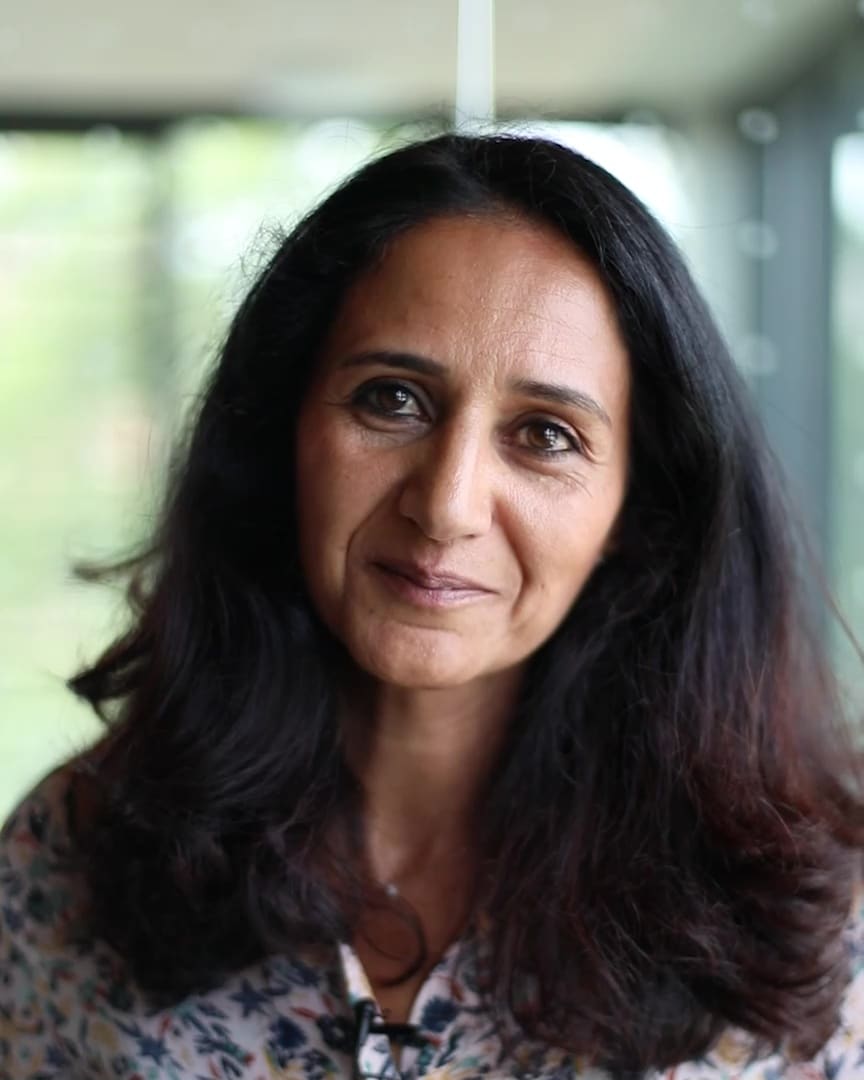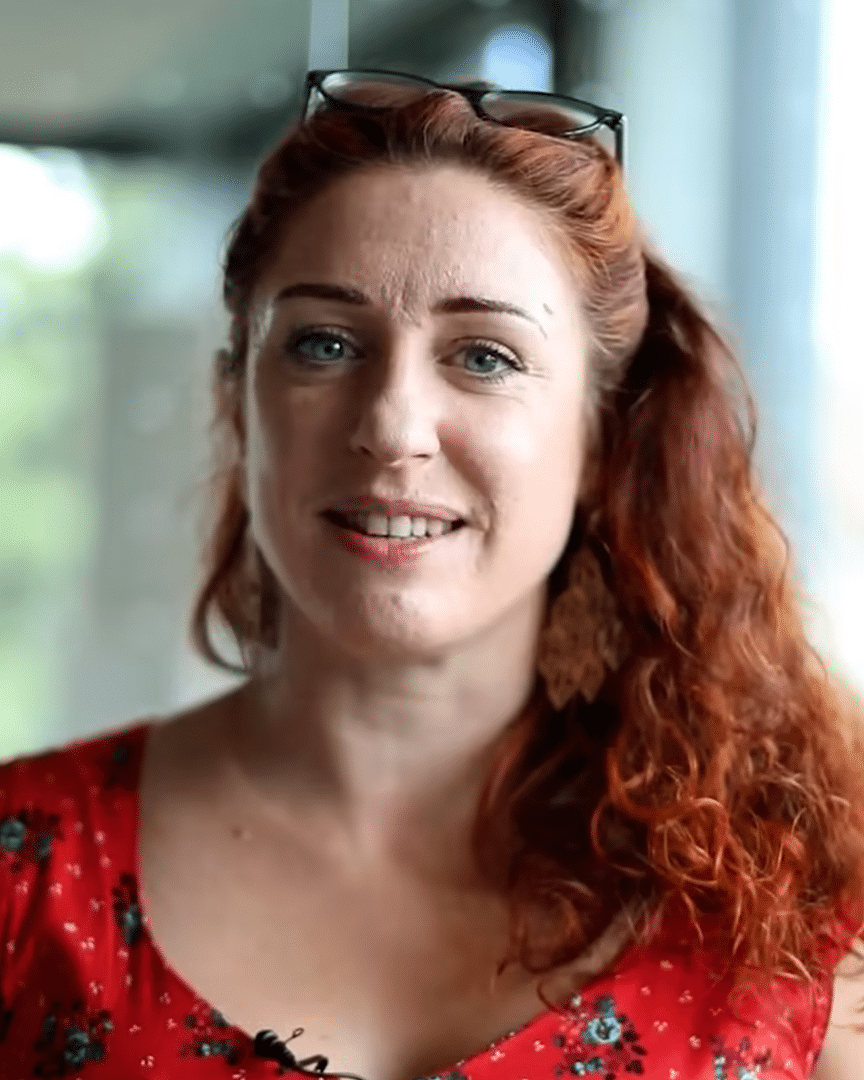Learning and exposure to creative arts is essential for a balanced and fulfilling education. At IIL teaching arts and subjects promoting creativity is a major focus throughout the Secondary years. In Secondary I, our school offers arts and creative education through music and visual arts courses. These classes offer students an opening to creative expression, while allowing them to develop artistic literacy and sensitivity.
French Secondary
IIL students aged 11 to 19 follow a French or English curriculum. Our programmes focus on each student’s personal development and international exposure, and support them in preparing for their future.
Our French section follows the French national curriculum, leading to the French National Brevet Diploma (diplôme national du brevet) and Baccalaureate.
Our students in 3ème complete the national brevet diploma with the Grenoble academy. As a member of the group of Swiss schools preparing for the French Baccalaureate (Groupement des Écoles Suisses qui préparent au Baccalauréat Français – GESBF), we are an accredited institution of the French National Education system. As such, our students take the common continuous assessment exams (E3C) at our school. Thus, as for all students in accredited schools, we secure their progress by taking into account the continuous assessment results received in première and terminale.
With our diverse and international student population, the study of modern foreign languages is a key focus. As many of our students will go beyond the requirements of the French Baccalaureate, we offer them the opportunity to validate their level by obtaining language certifications.
IIL is developing the international dimension of its educational project by also offering its students the opportunity to take the High School Diploma. In partnership with Academica Dual DiplomaTM, students have the opportunity to follow a dual diploma course from the time they enter seconde or première. The aim is to obtain the American High School Diploma alongside the French baccalauréat.
Secondary school is a critical time for young people, representing an important transition that can open many doors to their future. At IIL, we help prepare students for academic diplomas and guide and support them in their social and emotional development. Through various local and international initiatives, we actively engage our students in global issues and charitable projects.
During their time at IIL, secondary students take their classes in our modern B17 building. Designed with the latest pedagogical innovations in mind, the building houses multiple collaborative spaces, non-traditional classroom settings and digital learning tools to enhance their education.
By personalising the support provided to each student, we aim to help them achieve their individual projects and ensure their development and well-being. The building of a future-focussed project enables students to get to know themselves before discovering their aspirations.
Meet the Head of Section
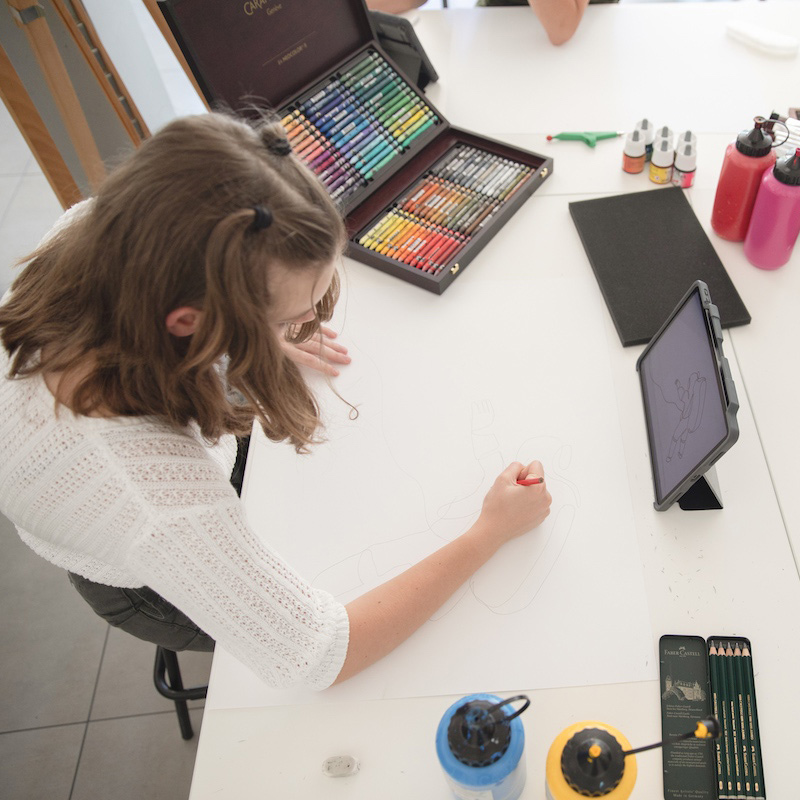
At the Secondary II level, the creative arts programme encourages students to express their creativity through hands-on projects. Creative exploration is at the centre of our project pedagogy where students can choose fine arts or film & media studies as options. IIL also offers the Baccalaureate speciality in fine arts.
The fine arts option and speciality offer students the opportunity to express themselves through the production of various works or projects in a creative workshop atmosphere. The means of expression range from the most traditional to the most modern, particularly digital.
Students in the film & media option acquire, in addition to a cultural education in film, the skills of a technician, director and editor, which they can apply thanks to the modern professional equipment we provide. The final project is their own short film.
Students can combine the fine arts specialty and the film & media option, thereby spending a total of nine periods learning the arts during their final year.
Watch our video on the Art program in which our students share their experience.
The IIL Secondary school approach to digital learning encompasses the tools and the social aspects of digital citizenship. We guide our students on how to best live with technology and how to use it sensibly and ethically. In the classroom, students learn to use appropriate digital tools to enhance and complement their studies. We provide individual iPads to all secondary students and laptops to International Baccalaureate (IB) students.
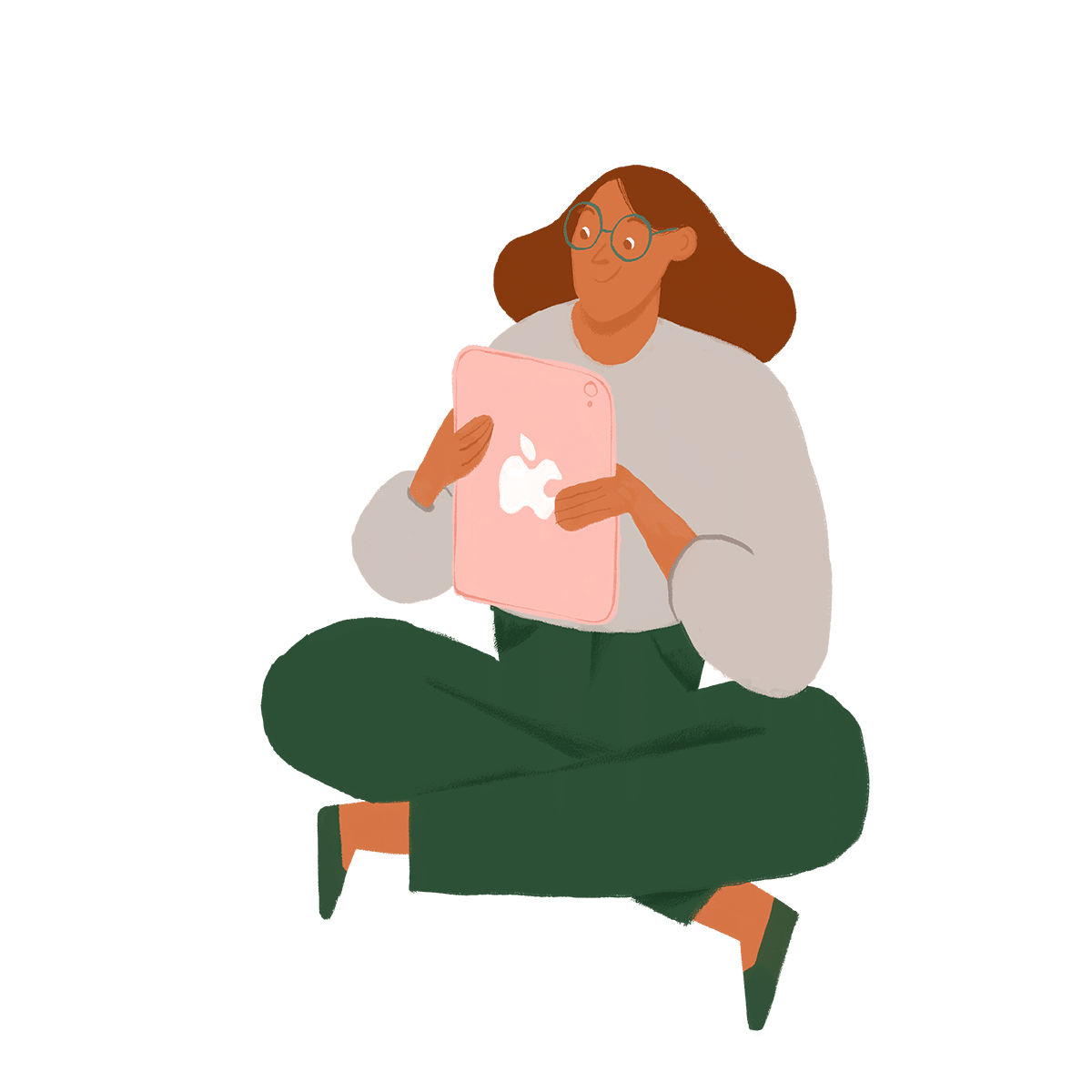
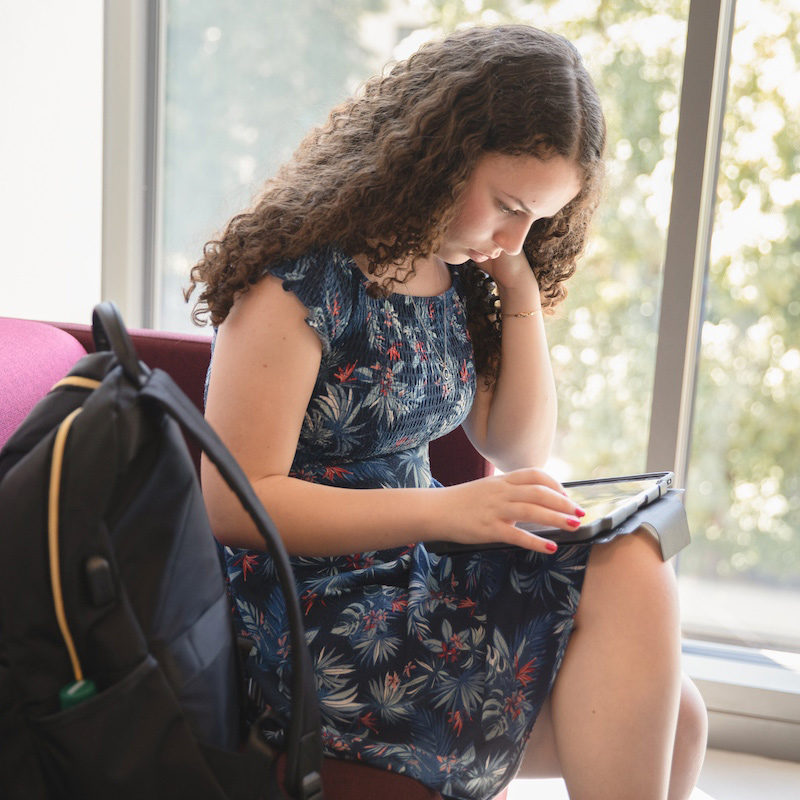
Languages are a priority at IIL’s Secondary school. Combining learning, practice and cultural openness, our language approach leads students to a natural, high linguistic level in both English and French. Divided into groups according to their level of progress, students are learning with native speaking teachers benefiting from differentiated teaching based on the Common European Framework of Reference for Languages (CEFRL).
The pedagogical approach to language teaching focuses on the active participation of students, enabling them to develop their oral and written skills. In addition to acquiring linguistic notions, students gain access to the cultural dimension of the language, in particular through cohesion events, outings or school trips.
In addition to French and English, we invite students to choose an additional language – German, Spanish, Chinese or Italian – depending on the section in which they are studying. IIL offers several official certifications – the DELF diploma for French, the Cambridge English diploma for English, the Goethe Institut diploma for German, the Instituto Cervantes diploma for Spanish and the Confucius Institute diploma for Chinese, representing a valuable asset for future studies.
All IIL students take part in various KiVa activities according to their age. At the Secondary level, we place special emphasis on the concept of groups. Students also learn how to recognize bullying and how to talk about such situations with an adult.
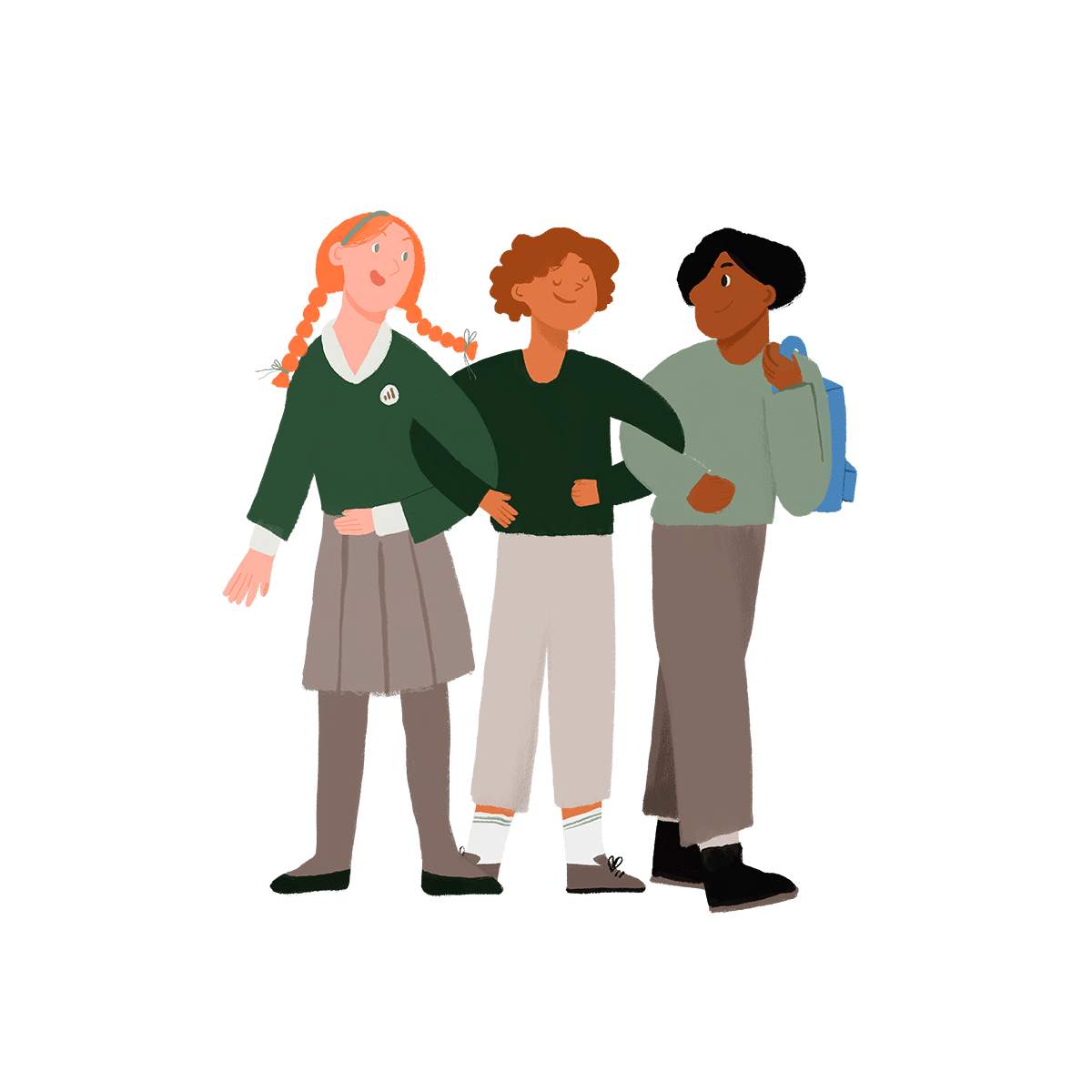
As an official partner of The Duke of Edinburgh’s International Award, IIL encourages students to take on responsibilities and set personal challenges and goals.
A non-formal education framework, The Duke of Edinburgh’s International Award provides a comprehensive programme to develop transferable skills, increase fitness levels, cultivate a sense of adventure, and volunteer in the community.
It is open to students in both the English and French sections of the school, starting at age 13. Its three levels are each divided into four sections. Participants must complete the four sections at each level in order to obtain the award.
Our university and careers counselling programme offers students from year 7 through year 13 (6e-terminale) the tools they need to think actively about their future. Students in lower secondary focus on self-development and career exploration, while students in upper secondary investigate higher education options and work on putting together a strong university application. Focused on each individual’s strengths and interests, our devoted staff and dedicated classes offer students a holistic and inclusive approach to their reflection after graduation.
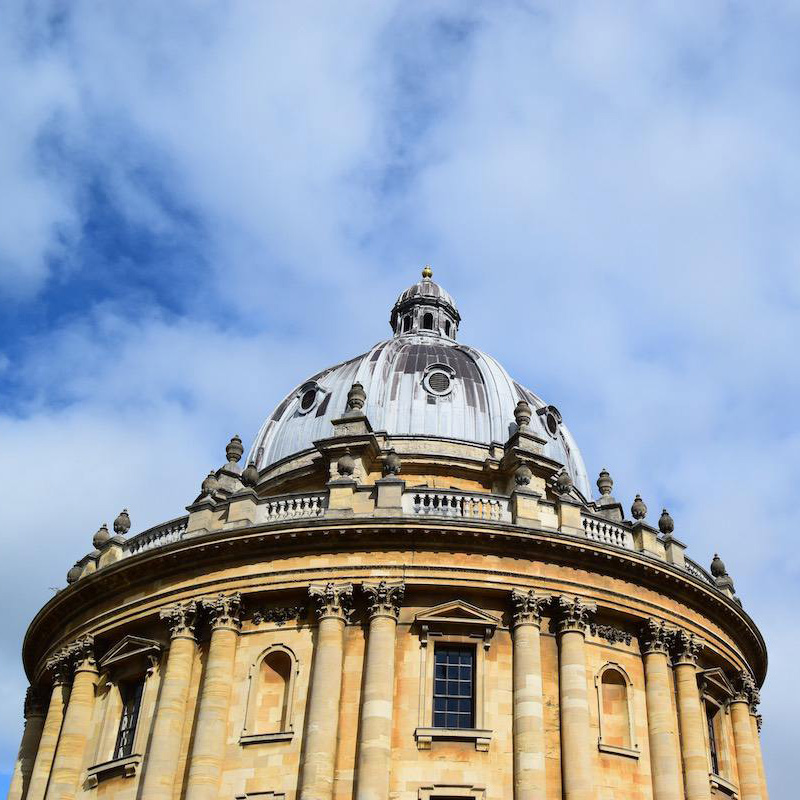
Meet our community
Their experiences at IIL
